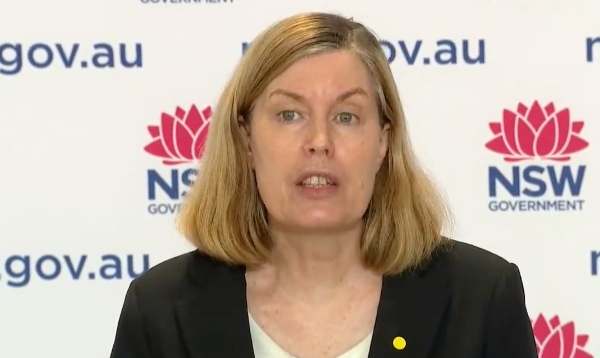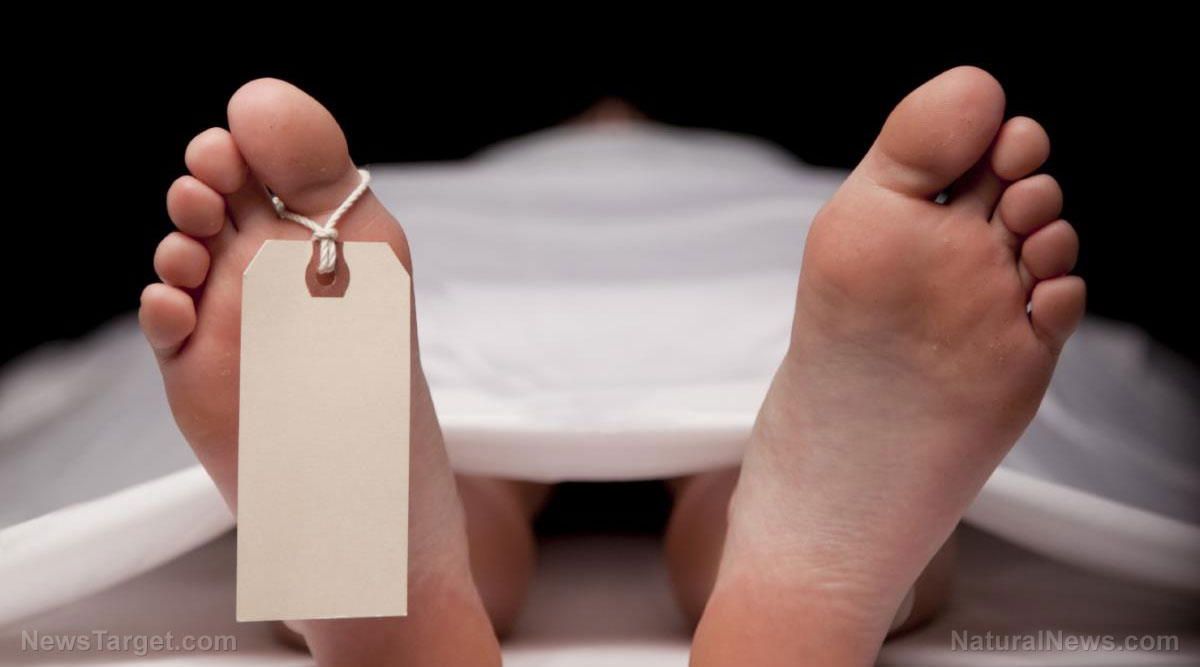Fauci claims mandatory Wuhan coronavirus quarantines are “justified” – but not those for Ebola
03/09/2021 / By Ramon Tomey

America’s top infectious disease doctor admitted that mandatory quarantines were unadvisable for those infected the Ebola virus. National Institute of Allergy and Infectious Diseases (NIAID) Director Dr. Anthony Fauci made the admission in a 2014 interview. But it appears that he has backtracked on this statement amid the Wuhan coronavirus pandemic, with him and other health officials endorsing quarantines and similar measures.
Fauci’s interview with NBC News happened amid the Ebola virus outbreak in West Africa. The incident which occurred from 2014 to 2016 prompted the deployment of U.S. health workers in affected areas. The NIAID director advised state officials against putting healthcare workers who helped out in West Africa in quarantine. He said that time: “You don’t have to put [returning healthcare workers] in a confined place.”
He explained that socially isolating people who aren’t sick was “too harsh” and could lead to “unintended consequences.” But seven years later, the NIAID director is now singing a different tune with his endorsement of mandatory quarantines.
The infectious disease expert even brought his espousal of mandatory quarantines up a notch back in March 2020. MarketWatch reported that Fauci was in full support of a 14-day national shutdown, locking people inside their homes. He said: “You know I would prefer [a lockdown] as much as we possibly could. I think we should really be overly aggressive and get criticized for over-reacting.”
Defending his stance on lockdowns, Fauci remarked: “You don’t want to be complacent. You always want to be ahead of the curve, but it depends on how far ahead … you want to be.”
The disease caused by the Ebola virus has a fatality rate of 25 percent up to 90 percent. Meanwhile, an analysis performed by Johns Hopkins University scientists showed a lower fatality rate. Based on the university’s COVID-19 case numbers, the current U.S. fatality rate is 1.8 percent.
Lockdown and quarantines have only exacerbated the negative impact of the pandemic
Despite Fauci’s support of quarantine and lockdown measures, the World Health Organization (WHO) has advised against lockdowns. WHO Special Envoy on COVID-19 Dr. David Nabarro said the global health body does not advocate lockdowns to control the Wuhan coronavirus. He elaborated that these do more harm than good, with the economic repercussions giving rise of other problems.
Italy is one such country that felt the first-hand economic repercussions of a lockdown. In early March 2020, the Italian government placed the entire country under quarantine. The measure was then lifted two months later, but Italy’s economy had already been hard hit by the time the lockdown was repealed.
Many Italians have been left struggling to regain their lost incomes after the two-month lockdown. Small business owners are faced with the hurdle of reopening under heavy restrictions. Employees in the tourism and entertainment industries bore the brunt of the two-month lockdown order, with a sharp decline in demand exacerbating their situation.
Lockdowns and quarantines have also caused a spike in depression and other mental health issues. According to a survey of psychiatrists in the U.K., “lockdown anxiety” has impacted millions who are forced to stay at home amid the pandemic. Many factors pile up to worsen this anxiety such as fears over job security, bereavement over COVID-19 deaths, the breakdown of relationships and the long isolation period.
Mental health issues caused by home quarantine mandates affected people all across age groups. Young kids and teenagers have found it difficult to cope with isolation. School closures and the general disruption to their routine only worsened their problems, leading a psychiatrist to report that the lockdown in the U.K. “exacerbated behavioral difficulties in children.” Meanwhile, the CEO of one U.K. mental health trust said they are seeing a lot of men aged 18 to 25 years old seeking mental health care. Some of the young men had cases requiring admission, they said. (Related: Long coronavirus lockdowns causing people’s mental health to rapidly DETERIORATE.)
Furthermore, there have been recorded cases of people committing suicide amid the quarantine and stay-home orders. In April 2020, 58-year-old former police chief James Connelly Webster was found dead in his home’s garden chalet. He isolated himself to protect his family when he developed COVID-19 symptoms. A coroner noted Webster’s death a suicide.
In June of the same year, 55-year-old financial adviser Nick Gunnell drowned himself after the pandemic devastated his business. Before authorities found his body 150 meters upstream from the Scarborough Bridge in York, he had left a note saying “COVID got me.” A coroner also recorded Gunnell’s death as a suicide.
Visit MedicalTyranny.com to read more news about mandatory quarantine and lockdown orders amid the ongoing pandemic.
Sources include:
Tagged Under: Anthony Fauci, covid-19 pandemic, Ebola virus, economic impact, healthcare workers, lockdown anxiety, lockdown mandates, Mandatory Quarantine, mental health, National Institute for Allergy and Infectious Diseases, quarantine measures, Wuhan coronavirus
RECENT NEWS & ARTICLES
MedicalTyranny.com is a fact-based public education website published by Medical Tyranny Features, LLC.
All content copyright © 2018 by Medical Tyranny Features, LLC.
Contact Us with Tips or Corrections
All trademarks, registered trademarks and servicemarks mentioned on this site are the property of their respective owners.





















